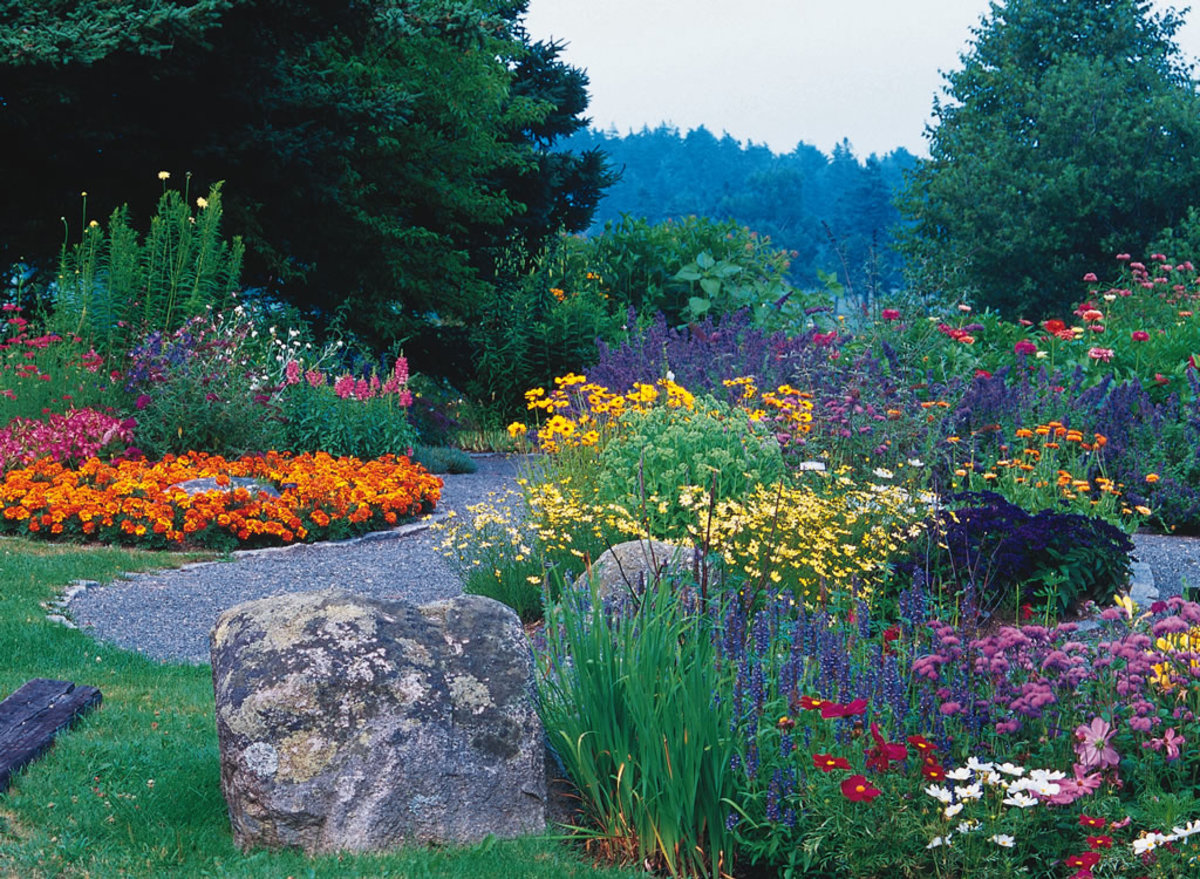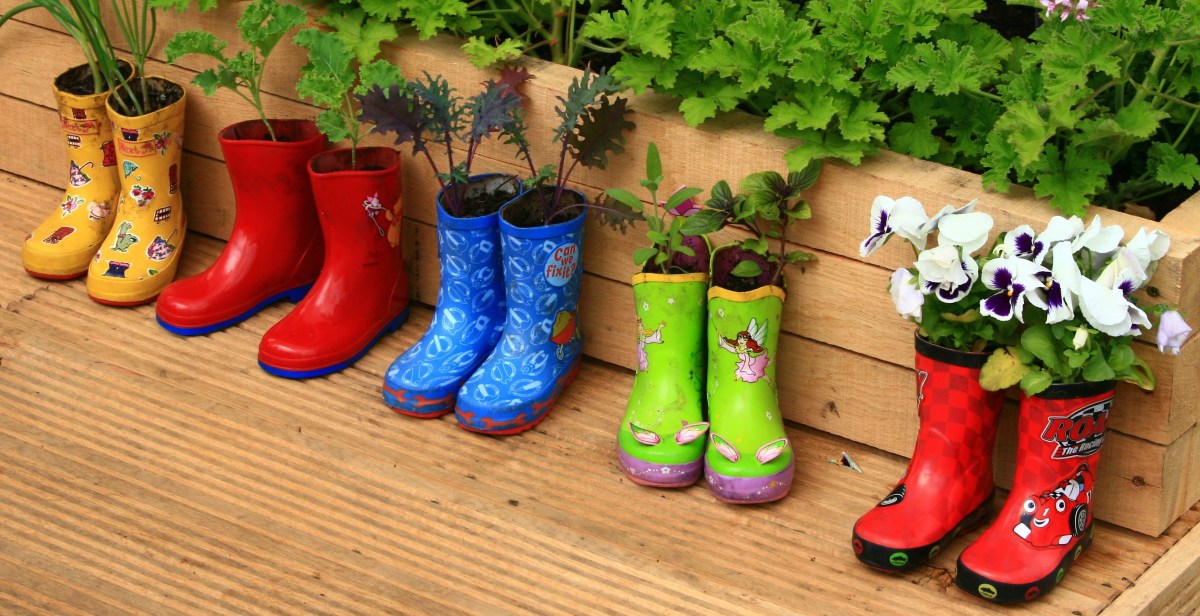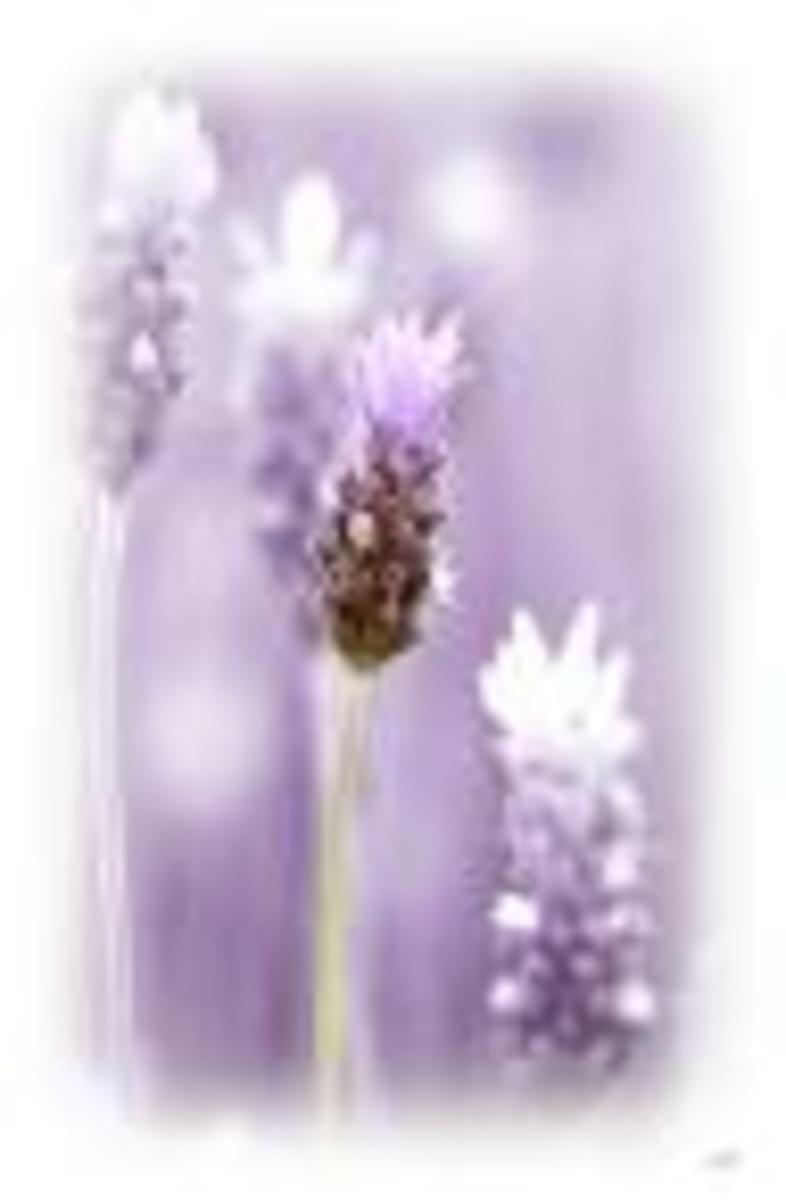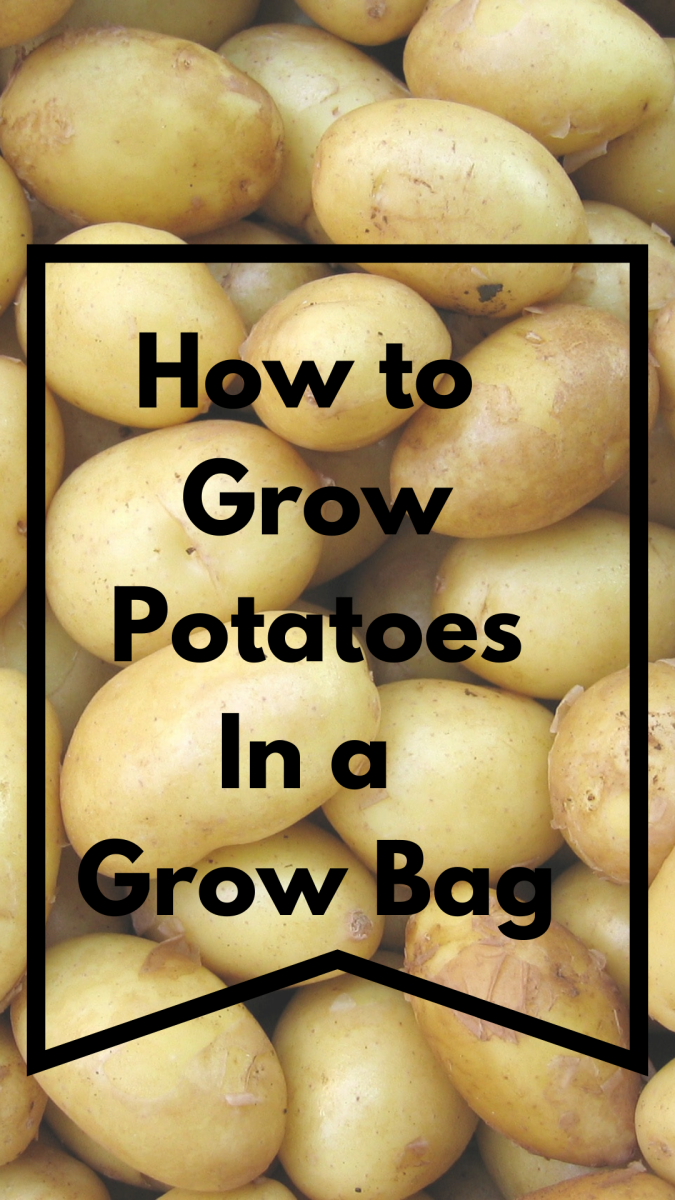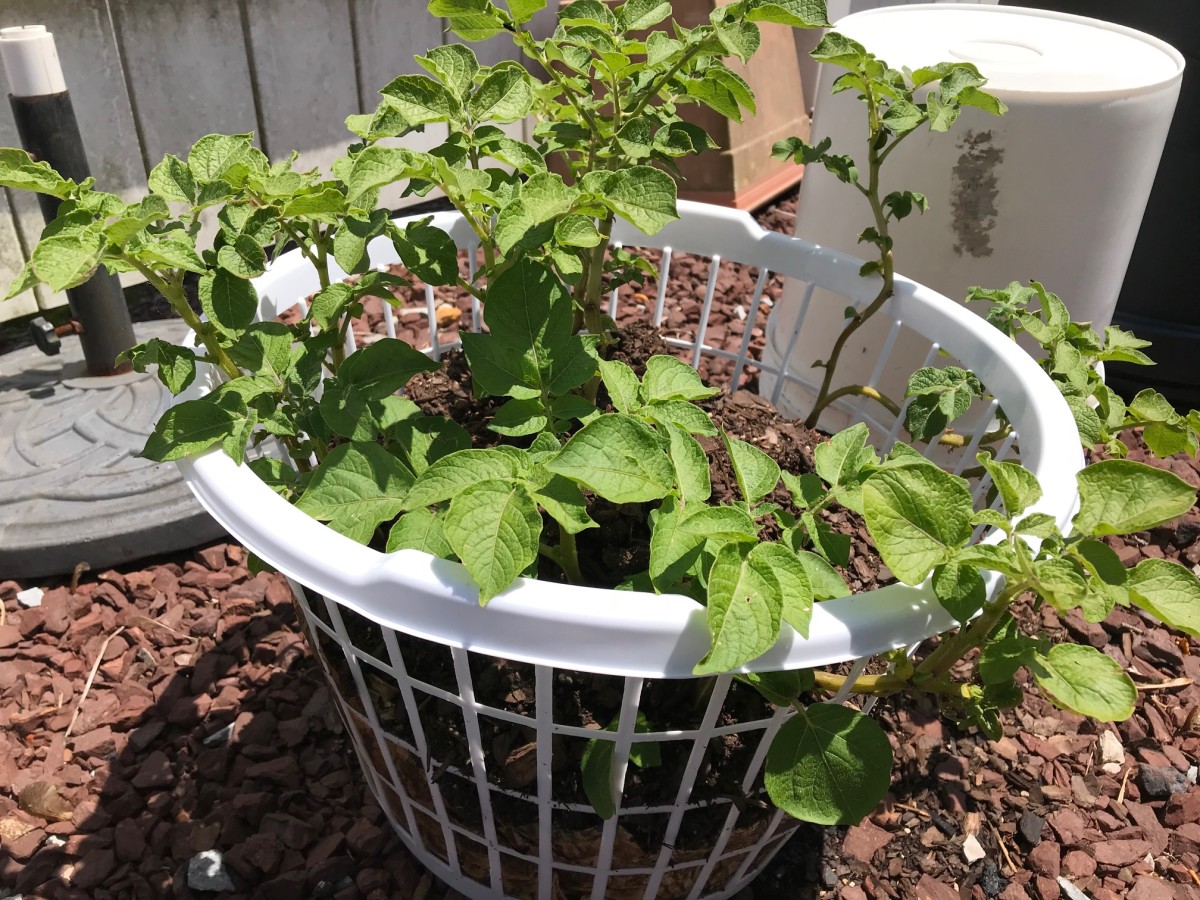Ideas for CHEAP Gardening and Fresh Food
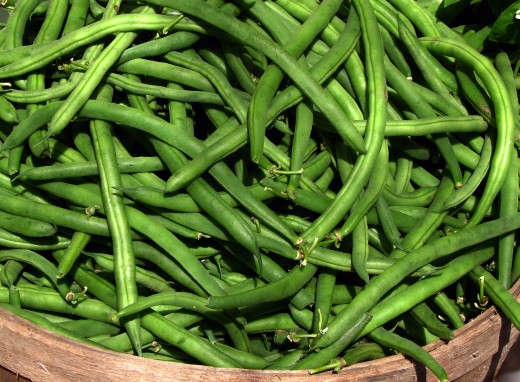
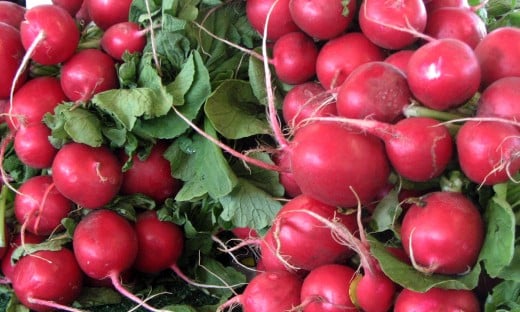
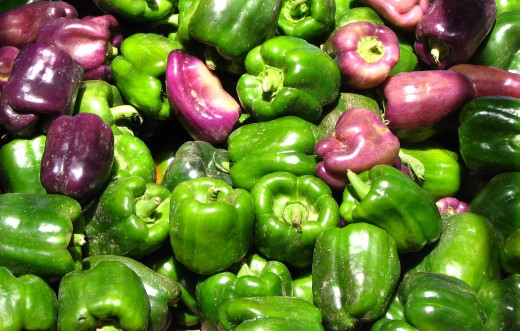
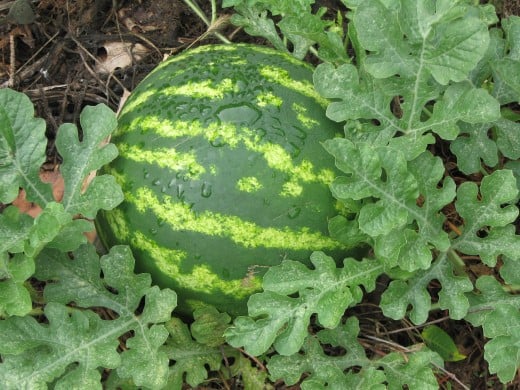
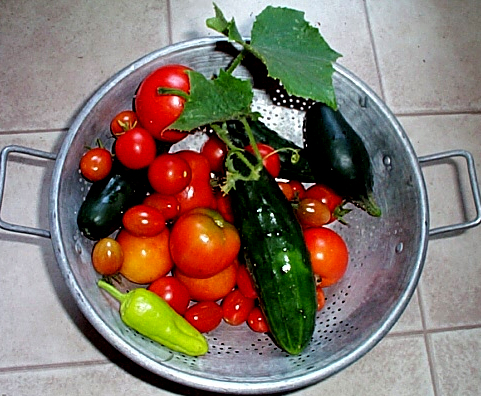
Saving on the Cost of Food.
I'm cheap, so one of my main reasons for gardening is saving money. I've learned over the years that there are more freebees and cheap garden materials and supplies out there than I ever dreamed.
Plants
I'm fond of perennials, because anything I can plant once and keeps coming back is a winner in my book. Perennials can be very expensive in nurseries, so I've found a few ways to get free ones.
Exchanges: Check in your local newspaper, library or on line to see if there are any perennial exchanges in your area. I go to two, both put on by local Extension Agencies and Master Gardener groups. They are usually held in May. It's kind of a free-for-all and fun. Everyone digs up the perennials they have to divide anyway and takes them to the exchange. Of course there are a lot of the run-of-the mill plants, but I've also traded for very exotic Hostas, fancy Shasta Daisies, Iris and Lilies. Don't fret if you have nothing to exchange. Most of these groups are there to encourage gardeners and often will just give you a couple of plants if you tell them you're ‘new' or having nothing yet. Also, at the end of the exchange, there are often leftovers that the folks are happy to give away. I always take extra Cinnamon Stick Ferns and ground cover simply because I'm trying to encourage people to replace lawn with groundcover and help the environment.
Several of our neighbors are gardeners and we swap plants, seeds and even fruits and veggies. This year I'm growing Acorn Squash and my neighbor is growing Butternut and hopefully we'll have good crops to share. This way we can save on garden space too.
Sales: Sometimes chain stores and nurseries over estimate the amount of certain perennials they'll be able to sell and mark them way down in price around the Fourth of July. Most perennials can be planted just about anytime, so there's no reason you can't take advantage of the sales. Think food as well and seek out asparagus, berry bushes, rhubarb and veggie seeds (that if kept sealed in the fridge) will supply you with fruit in a couple of years.
SAVE SEEDS
Harvest and save seeds at the end of the season. Tomatoes are great for this, especially if you purchased an heirloom or non-hybridized plant for your garden. I simply take out the seeds and wash the goo off, then dry the seeds between a layer of paper towels. When they're completely dry, I store them in a paper grocery bag in a cool area where they won't freeze.
Dill, lettuce, radishes, sunflowers, peppers, green beans, squash, melon and many others all have seeds worth saving. Dry them, put them in an envelope and label them - next spring soak them for a few days, rinse them and you're set to go.
COMPOST
A very important aspect of gardening is soil quality. Buy or make a compost bin or area. Save all of your non-meat kitchen scraps; potato, lemon, orange and cucumber peels, coffee grounds, tea bags, egg shells all will break down into fantastic compost. Gather dried leaves or let the weeds you pull dry out and add to the compost. The best mix is 75% brown material to 25% green.
FREE stuff for compost is available too. Go to your local coffee shop and chances are they'll be happy to give you used coffee grounds - take your own container. I take a five-gallon bucket or two. If you live a reasonable distance from a farm, most cattle or horse farms have tons of manure to give away. WARNING: Make very sure horse manure is very, very, composted or broken down. There are some very nasty weeds, like Nightshade, that come in fresh horse manure. Bags of leaves and grass clippings are often set by the side of the road on trash day, they're usually in brown paper recycling bags. Grab a few now and then to add brown matter to your compost.
One year my friend had sixteen bags of leaves that she'd raked from her yard! I took them all and set them around the side and back foundation of our house. They worked as extra insulation and in the spring they were ready to be used as compost.
WATER: We have well water, but I still have several rain collectors. If you have city water you'll know how expensive it is and having a barrel of water for your plants will save you money and the water won't have chlorine in it, so is healthier for the plants. A friend of mine lives in a high-rise condo and collects rainwater in a very pretty large ceramic pot on her deck. This way she always has water available for her potted plants. Cover your container when it's full or add a few drops of cooking oil to keep mosquitoes from breeding in your rainwater. The oil coats the mosquito larvae's wings, so they can't fly out of the water. Last year I had three little green frogs who sat at the edge of my rain barrels and did a great job of keeping the bug population down. They were an added benefit. Butterflies and birds also appreciate having a water source.
WORMS: Worms devour an enormous amount of waste; newspaper, vegetable and fruit scraps, etc., they then generate wonderful ‘fertilizer' in the form of their droppings. A small worm farm can take care of much of your waste and a small ‘ worm farm' takes up little space, or you can make your own with a plastic storage bin. Check it out on line.
Growing some of your own fruits and veggies not only saves you money, but are better for you because they're fresh, and hopefully you won't use any toxic chemicals on them. A two-foot diameter container on your porch or deck, or under a south-facing window, can produce herbs (chives, parsley, basil, etc.), tomatoes, peppers and lettuce, garlic, chives and maybe a cucumber vine, all the fixing's for a healthful, tasty salad! Grow strawberries in another container or strawberry jar and you have desert!
Finally, and this is a drastic step, I know; but dig up some of your precious lawn and plant veggies. With rising food costs, you will be very happy to did and save a lot of money to book. Plant the veggie seeds you've saved and dried and it's like having free food!
If you want to save your back and some work, cover the area you'd like to grow veggies in next year with 8-10 sheets of newspaper. Cover the newspaper with mulch that name road commissions give away for free (the get it from dead trees and fallen limbs). Or, buy a few bags of pine or cedar mulch. Next year the lawn or weeds will be gone and you can till the newspaper mulch and mulch under easily and you're ready to garden.


